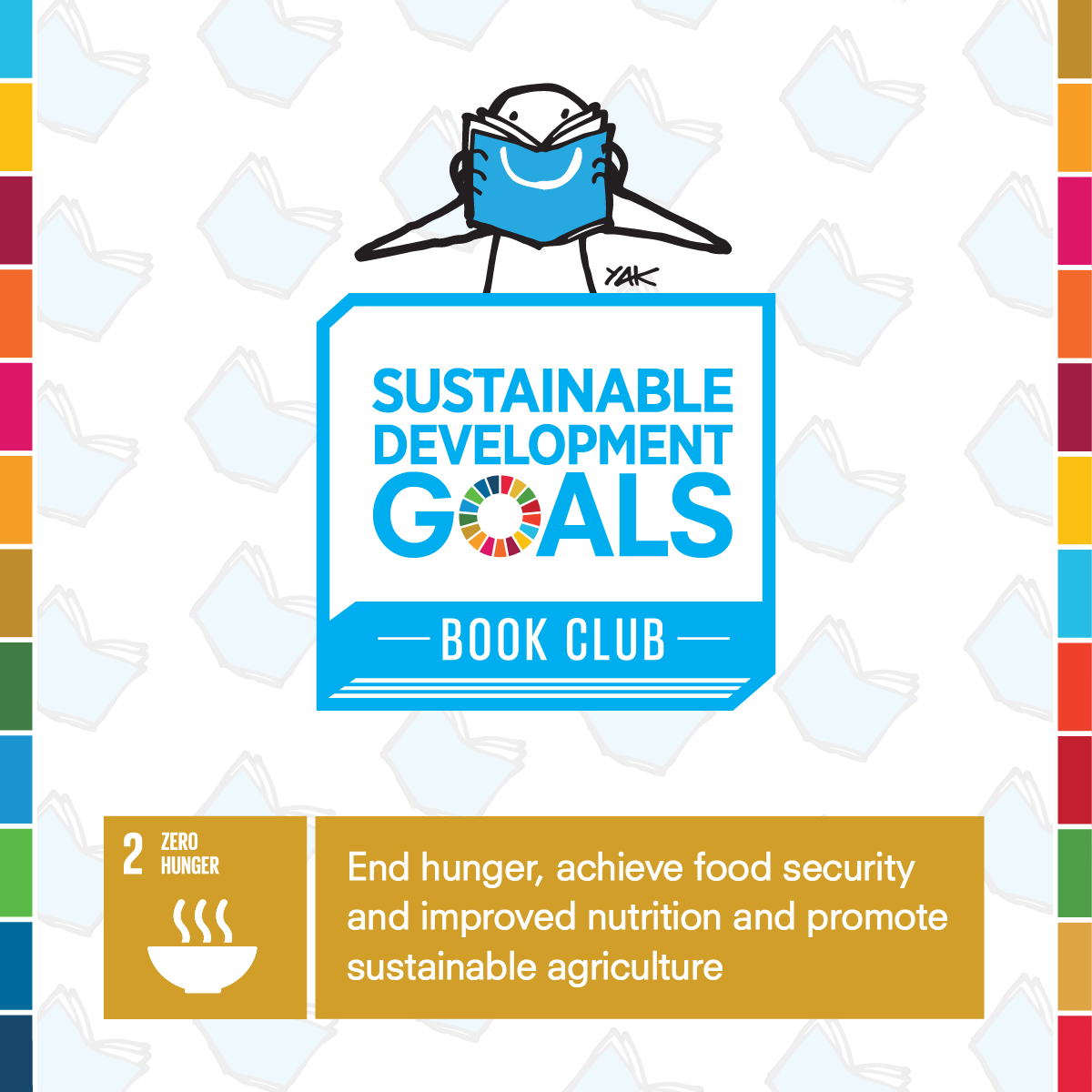Approximately 1 billion people currently live in informal settlements, primarily in urban areas in low- and middle-income countries. Informal settlements are defined by poor-quality houses or shacks built outside formal laws and regulations. Most informal settlements lack piped water or adequate provision for sanitation, drainage, and public services. Many are on dangerous sites because their inhabitants have a higher chance of avoiding eviction. This paper considers how to build resilience to the impacts of climate change in informal settlements.
The Sustainable Development Goals (SDGs) were designed to address interactions between the economy, society, and the biosphere. However, indicators used for assessing progress toward the goals do not account for these interactions. To understand the potential implications of this compartmentalized assessment framework, we explore progress evaluations toward SDG 14 (Life below Water) and intersecting social goals presented in submissions to the UN High-Level Political Forum.

